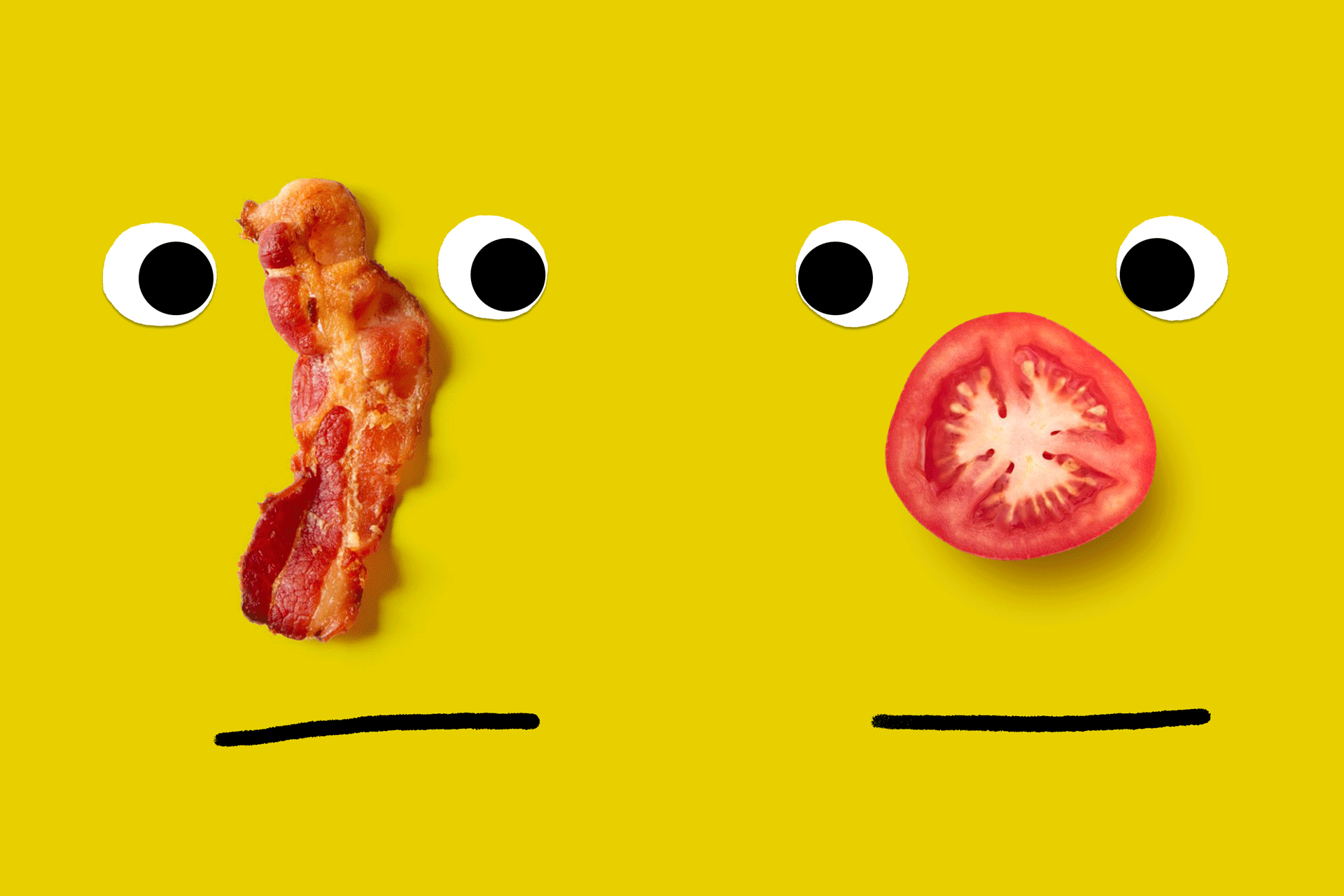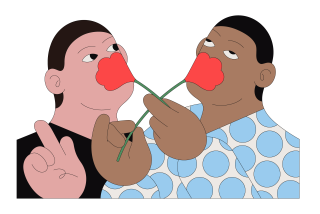Old people don’t smell so bad, study finds
Old people have a reputation for producing a distinct stink that follows them around like, well, a bad odor. Now, chemosensory experts have found that people can indeed pick out the aged aroma — and it’s actually more pleasant and less intense than body odors from twentysomethings and middle-aged folk.
Humans excel at many things, but they aren’t known for their olfactory prowess. In recent years, however, scientists have shown that humans use their noses when selecting romantic partners, picking out kin and distinguishing men from women.
All this indicates that humans’ ability to navigate their social worlds is far more complex than commonly thought. The new study, published Wednesday by the journal PLoS ONE, provides the first look at humans’ ability to gauge age on the basis of smell — even when they aren’t aware of it.
The inspiration for the study came from a childhood memory, said Johan Lundstrom, a neuropsychologist at the Monell Chemical Senses Center in Philadelphia. Lundstrom’s mother worked at a retirement home in Sweden, and as a boy he would visit from time to time. While giving a talk at a retirement home in Philadelphia, he was struck by a sense of olfactory deja vu.
The smell, he said, “was identical to this retirement home in Sweden — two different continents, two different populations, but similar odor.”
To see if this phenomenon held up in the lab, researchers asked 41 volunteers between the ages of 20 and 95 to spend five nights sleeping in T-shirts with nursing pads sewn into the armpits. During the day, they placed their shirts in freezer bags to prevent bacteria from growing, which could have contaminated the results.
Just before bedtime, the volunteers also showered with odor-free soap and shampoo and laundered their linens in odor-free detergent. They even avoided spicy foods, which can alter secretions from sweat glands.
When the five nights were over, the researchers snipped out the armpit pads and stuck them in jars. Because they didn’t want the unique qualities of any individual’s aroma to affect the results, each jar contained cut-up quarters of pads from several people in the same age group.
A different group of 41 volunteers was asked to assess the odors in the jars, rating them according to intensity and pleasantness (or unpleasantness).
It turned out that the underarm odor of 75-to-95-year-olds was judged to be less intense and far more pleasant than the scent of either young or middle-aged adults. The most intense — and perhaps not coincidentally, the most unpleasant — odor came from 45-to-55-year-old men. Women in that age group, on the other hand, produced the most pleasant smell of everyone who wore the underarm pads.
On the whole, men generally smelled worse than women, but that distinction disappeared in old age, the researchers found.
“As you grow older, you smell more and more like a woman,” Lundstrom said. That is due to changes in men’s hormone levels as they age. “It’s almost as if you’re going back to what happened before puberty.”
In other tests, sniffers were given several jars at once and asked to group them in similar pairs. Subjects were able to match the distinctive scents of old people more than twice as often as they could for either the young adults or the middle-aged folk.
“There must be something that sticks out,” Lundstrom said.
The so-called old-people smell, sometimes conflated with the more medicinal “nursing-home smell,” has many negative associations, Lundstrom said. If the study participants had been told what they were smelling, perhaps they wouldn’t have assessed the aroma so favorably, he said.
Jay Gottfried, a neurologist at Northwestern University in Evanston, Ill., an expert on how memory and experience influence odor perception, said the study was “certainly provocative and raises interesting questions.”
“The human sense of smell is much better than people regard it to be,” he said. “That we can detect low concentrations of odors outside of conscious awareness can influence our behavior.”
For instance, in a 2007 study he worked on, people who smelled an unpleasant odor — one so faint that they weren’t aware they had smelled it — right before being shown faces with neutral expressions were more likely to rate the faces as unlikable.
But Gottfried expressed some skepticism that any kind of body odor could be characterized as pleasant.
“I have smelled isolated, pure male and female body odor,” he said. “Female body odor — to me — doesn’t smell any better than male.”







